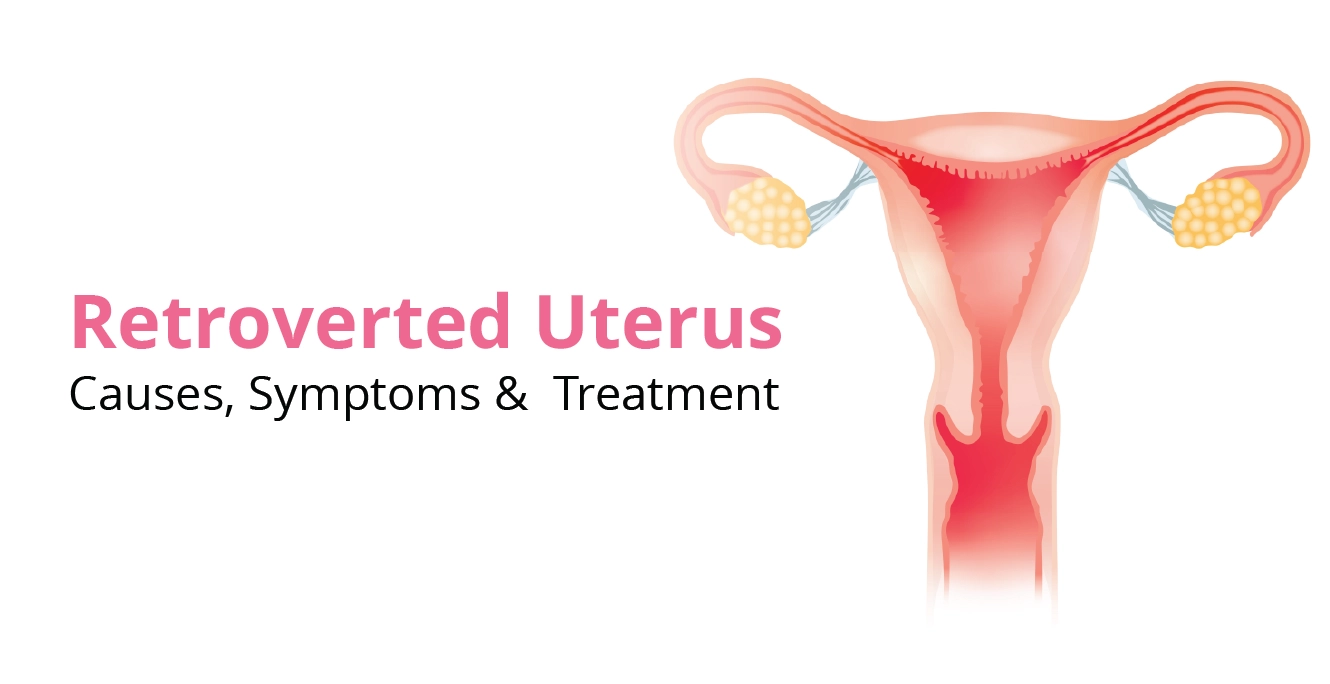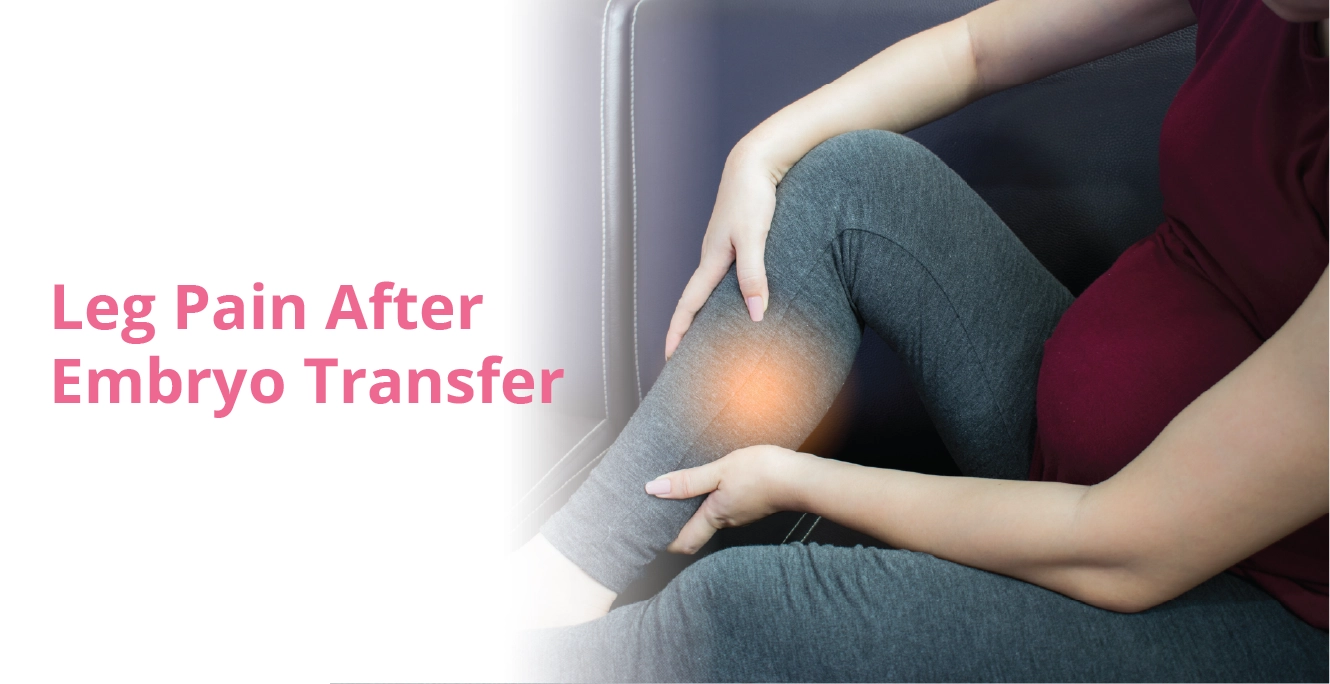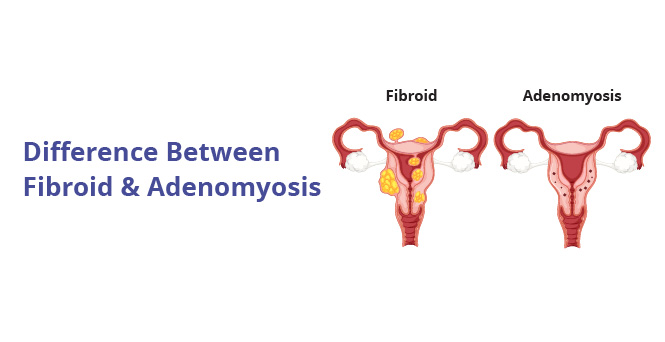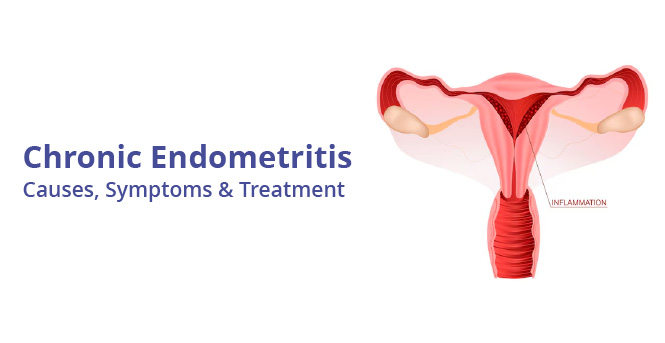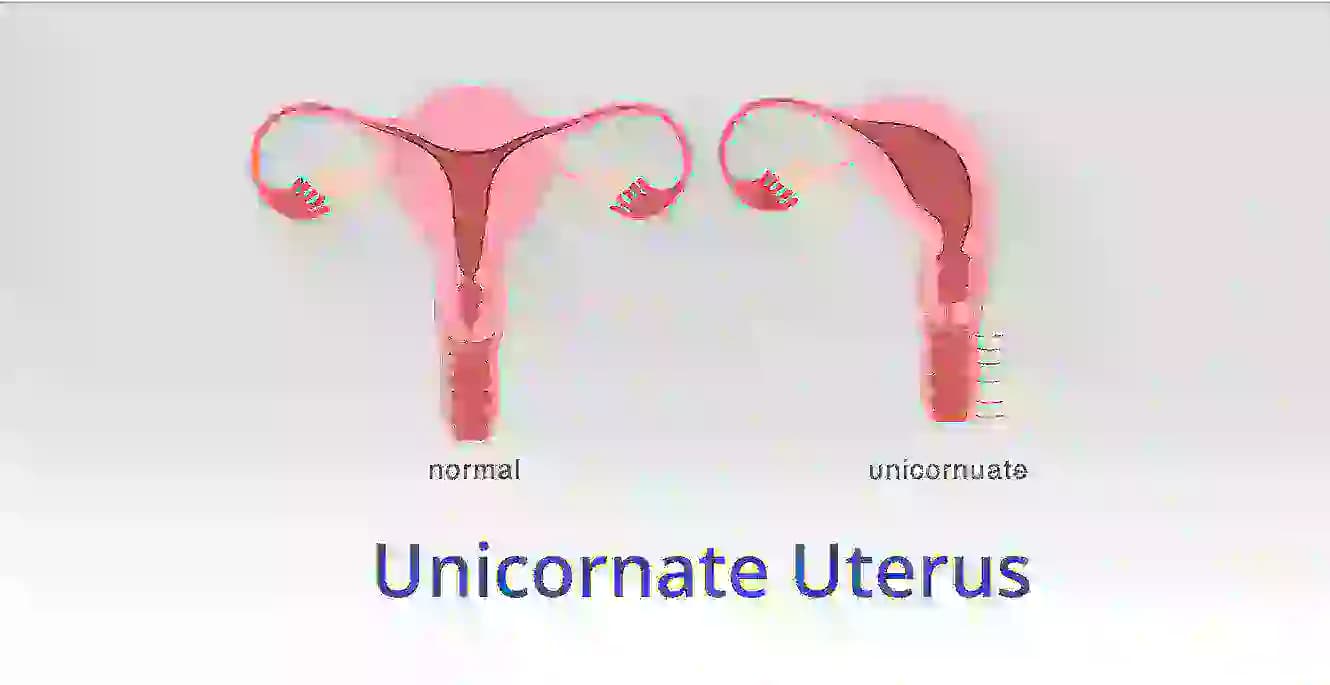
Unicornuate Uterus: How It Affects Fertility & Pregnancy

Table of Contents
- What is a Unicornuate Uterus?
- Normal Uterus vs Unicornuate Uterus
- Types of Unicornuate Uterus
- Key Facts about Unicornuate Uterus
- How Common Is a Unicornuate Uterus?
- Causes of Unicornuate Uterus
- Symptoms of Unicornuate Uterus
- How Does a Unicornuate Uterus Impact Fertility and Pregnancy?
- How Does a Unicornuate Uterus Affect Periods?
- Can You Get Pregnant with a Unicornuate Uterus?
- Unicornuate Uterus IVF Success Rate
- How Does a Unicornuate Uterus Affect Pregnancy and Childbirth?
- How is a Unicornuate Uterus Diagnosed?
- Treatment Options for Unicornuate Uterus
- Unicornuate Uterus and Other Reproductive Conditions
- Living with a Unicornuate Uterus: What to expect
- The Closing Note
When your doctor tells you that you have a “unicornuate uterus,” hearing these words for the first time can make you confused or overwhelmed. If you have been diagnosed with this condition, you must have a lot of questions that you need to get answers to. Will this affect my fertility? What challenges will I face? What treatments are available?
While there are some challenges, women often overcome the pregnancy-related difficulties of a unicornuate uterus to achieve a healthy pregnancy. Progress in IVF technology and other treatment methods enable women to achieve their goal of motherhood. Let’s learn more about a unicornuate uterus in this detailed guide to stay informed.
What is a Unicornuate Uterus?
A unicornuate uterus is a rare condition in which a woman is born with only half a uterus.
Normally, during foetal development, two tubes called Müllerian ducts come together to form the full uterus. However, in a unicornuate uterus, one of these ducts doesn’t fully develop, resulting in a smaller, half-formed uterus.
Normal Uterus vs Unicornuate Uterus
To better understand the difference between a normal uterus and a unicornuate uterus, let’s compare their key characteristics:
| Characteristic | Normal Uterus | Unicornuate Uterus |
| Shape | Heart-shaped or pear-shaped | Banana-shaped |
| Size | Normal size | Smaller than normal |
| Fallopian Tubes | Two | One |
| Müllerian Duct Development | Both ducts develop and fuse | Only one duct develops fully |
Types of Unicornuate Uterus
| Types of unicornuate uterus | Description | Percentage of cases |
| Unicornuate uterus without a rudimentary horn | Only one side of the uterus is developed, and no horn is present. | 33.1% |
| Unicornuate uterus with a non-communicating rudimentary horn | The horn is present but does not connect to the main uterus. | 38.6% |
| Unicornuate uterus with a communicating rudimentary horn | The horn is present and is connected to the main uterus. | 26.9% |
| Unicornuate uterus with a functional rudimentary horn | The horn contains functional endometrial tissue, causing symptoms. | 1.2% |
Key Facts about Unicornuate Uterus
- Rare condition: A unicornuate uterus affects only about 0.4% of women, making it one of the less commonly diagnosed uterine abnormalities.
- Asymptomatic in some women: Many women with a unicornuate uterus may have normal menstrual cycles and no symptoms, making it harder to detect until fertility issues arise.
How Common Is a Unicornuate Uterus?
A unicornuate uterus is rare, affecting approximately 1 in 1,000 women. Most women are unaware of the condition until they experience irregular periods, miscarriages, or difficulty conceiving.
If you’ve been struggling with irregular periods, it’s important to investigate their underlying causes to determine whether a uterine abnormality may be a factor.
Causes of Unicornuate Uterus
The condition arises during fetal development when one of the Müllerian ducts fails to fully form. The exact cause remains unknown, but it is believed to occur randomly during embryogenesis. It is not linked to lifestyle or environmental factors.
Symptoms of Unicornuate Uterus
While some women have no symptoms, others may experience:
- Irregular or painful periods
- Pelvic pain, especially if a rudimentary horn is present
- Recurrent miscarriages
- Infertility or difficulty maintaining pregnancy
If you experience these issues, a hysteroscopy can help diagnose and evaluate uterine abnormalities accurately.
How Does a Unicornuate Uterus Impact Fertility and Pregnancy?
A unicornuate uterus can present challenges for both fertility and pregnancy. The smaller size and shape of the uterus can interfere with conception and carrying a pregnancy to term.
Impact of Unicornuate Uterus on Fertility
Here are the main ways in which it can impact fertility:
- Difficulty conceiving:
Because the uterus is smaller and shaped differently, it can make it harder for an embryo to implant in the uterine lining. This can lead to longer periods of trying to conceive or the need for fertility treatments, like In Vitro Fertilisation (IVF), to improve the chances of success.
Impact of Unicornuate Uterus on Pregnancy
Here are the main ways in which it can affect pregnancy:
- Higher risk of miscarriage:
Once a pregnancy is established, the smaller uterus may not provide enough space for the baby to grow properly. This can increase the risk of miscarriage, particularly in the early stages of pregnancy. Women with a unicornuate uterus may experience multiple miscarriages before finding success. - Preterm birth:
Due to the limited space in the uterus, women with this condition are more likely to deliver their baby early, i.e., before 37 weeks of pregnancy. Preterm babies may face health complications, so close monitoring and medical care are important to manage this risk. - Ectopic pregnancy:
In some cases, pregnancy can occur in the undeveloped part of the uterus, known as the rudimentary horn. This type of pregnancy called an ectopic pregnancy, is not safe and requires immediate medical attention. The rudimentary horn cannot support a growing pregnancy and poses a risk to the mother’s health.
How Does a Unicornuate Uterus Affect Periods?
A unicornuate uterus can cause irregular or painful periods, especially if a non-communicating rudimentary horn traps menstrual blood. This can lead to severe pelvic pain and potential complications.
If you’re facing persistent menstrual irregularities, understanding the causes of irregular periods can provide valuable insight into your condition.
Can You Get Pregnant with a Unicornuate Uterus?
Yes, women with a unicornuate uterus can get pregnant—but there may be additional risks and challenges. The reduced size of the uterus and limited blood supply can make implantation difficult, increasing the chances of miscarriage, preterm birth, or other complications.
However, advances in fertility treatments, including IVF and ICSI, have improved pregnancy success rates for women with uterine abnormalities. Consulting a specialist can help identify the best path forward based on your unique needs.
Unicornuate Uterus IVF Success Rate
The IVF success rate for women with a unicornuate uterus depends on individual factors like age, uterine health, and hormonal balance. Although the success rate may be lower than average, tailored protocols and supportive treatments like progesterone therapy can enhance outcomes.
If you’re considering IVF or wondering if it’s right for you, understanding the process and its impact on conditions like a unicornuate uterus can provide clarity.
How Does a Unicornuate Uterus Affect Pregnancy and Childbirth?
Pregnancy with a unicornuate uterus often requires careful monitoring due to increased risks, including:
- Miscarriage or recurrent pregnancy loss
- Preterm delivery
- Fetal growth restriction
- Ectopic pregnancy
- Uterine rupture during labour
Given these risks, hysteroscopy is often recommended to assess the uterus before pregnancy. Many women with a unicornuate uterus deliver via C-section to minimise complications during childbirth.
How is a Unicornuate Uterus Diagnosed?
A unicornuate uterus is often discovered when a woman experiences recurrent miscarriages or has difficulty getting pregnant.
Some of the tests used to diagnose this condition include:
- Ultrasound: This is the most common tool used to visualise the shape and size of the uterus.
- Unicornuate Uterus Hysterosalpingogram (HSG): A dye is inserted into the uterus, followed by X-ray imaging to see the shape of the uterine cavity and check if the fallopian tubes are blocked.
- Magnetic resonance imaging (MRI): This technique is performed sometimes to obtain a more detailed view of the uterus and surrounding organs.
Treatment Options for Unicornuate Uterus
While the physical structure of the uterus cannot be altered, various treatments can manage symptoms and support pregnancy success:
1. Laparoscopic Surgery
This minimally invasive procedure removes a non-communicating rudimentary horn, reducing the risk of ectopic pregnancy and other complications.
2. Cerclage
For women prone to cervical insufficiency, a cerclage (a surgical stitch) helps reinforce the cervix, lowering the risk of preterm birth.
3. Progesterone Therapy
Progesterone supplementation supports uterine function and helps maintain a healthy pregnancy by reducing the risk of miscarriage.
4. Fertility Treatments
If natural conception proves challenging, assisted reproductive technologies offer promising solutions:
- IUI – Useful for mild fertility issues.
- IVF – Helps bypass uterine limitations by directly implanting embryos.
- ICSI – Ideal when there are male factor fertility concerns alongside uterine abnormalities.
Unicornuate Uterus and Other Reproductive Conditions
A unicornuate uterus can coexist with other reproductive challenges, including:
- Endometriosis – A condition where uterine-like tissue grows outside the uterus.
- Female infertility – This may stem from structural or hormonal issues.
Living with a Unicornuate Uterus: What to expect
Being informed about a unicornuate uterus can empower women to feel more prepared and in control of their fertility journey. Knowing the potential challenges and available treatment options allows for better decision-making and fosters confidence throughout the process.
1. Care During Pregnancy
Women with a unicornuate uterus may require extra monitoring throughout their pregnancy. Regular check-ups allow doctors to closely track the baby’s growth and development, helping to reduce the risk of complications like preterm birth or miscarriage.
A healthcare team will work with individuals to create a tailored plan, ensuring the best possible outcomes.
2. Unicornuate Uterus Treatment for Fertility
For women who face difficulty conceiving, fertility treatments like IVF may be recommended to boost the chances of pregnancy. IVF can help bypass some of the challenges posed by a unicornuate uterus, improving the likelihood of implantation and a healthy pregnancy.
3. Surgical Options
In some cases, surgery may be necessary to address the unicornuate uterus’s rudimentary horn. This small, non-functional part can cause pain or complications, and its removal may be recommended to improve overall reproductive health and reduce the risk of ectopic pregnancy.
4. Emotional Impact
Living with a unicornuate uterus can be emotionally difficult, particularly for women trying to conceive. It’s natural to feel scared, anxious, or frustrated when facing potential complications. It’s important to seek emotional support from family, friends, or support groups.
Additionally, working with a fertility specialist who understands the condition can help women navigate the process with confidence and clarity.
The Closing Note
We understand that living with a unicornuate uterus may seem overwhelming but it does not make your dream of embracing motherhood impossible. Early diagnosis, right medical support and advanced fertility treatments have made it possible for many women with this condition achieve pregnancy.
Our fertility specialists at Birla Fertility & IVF are readily available to address your fertility concerns and pregnancy questions. Every person’s path differs yet it stays filled with opportunities and you need not walk this path independently.
Our Fertility Specialists
Related Blogs
To know more
Birla Fertility & IVF aims at transforming the future of fertility globally, through outstanding clinical outcomes, research, innovation and compassionate care.
Had an IVF Failure?
Talk to our fertility experts

 Our Centers
Our Centers







